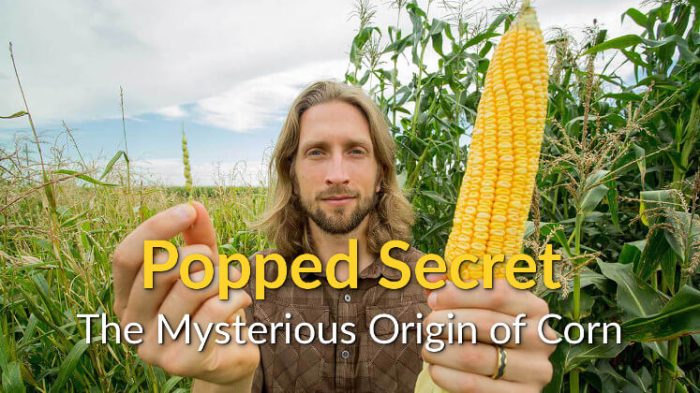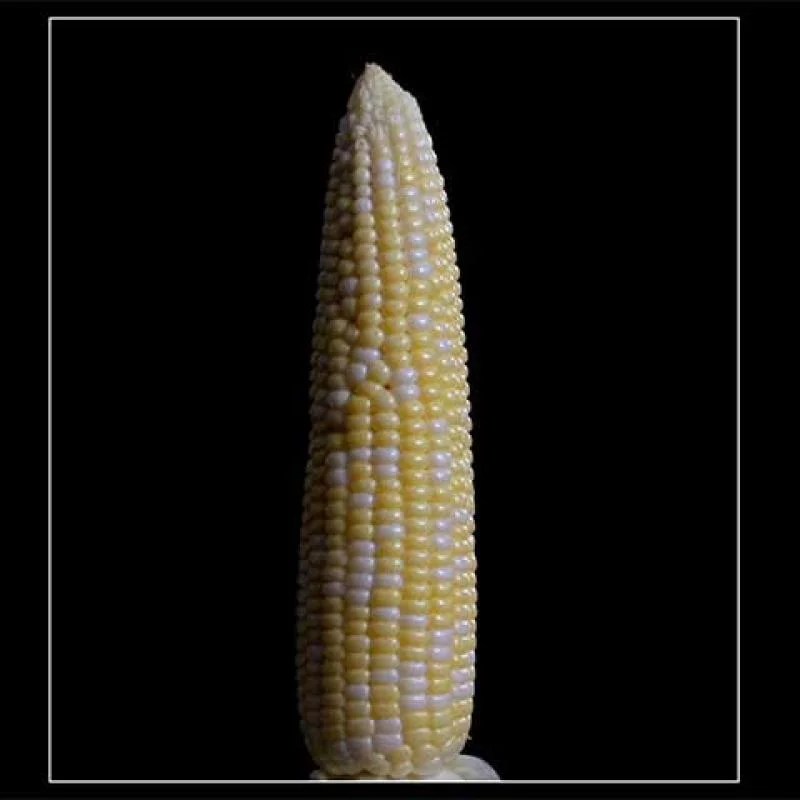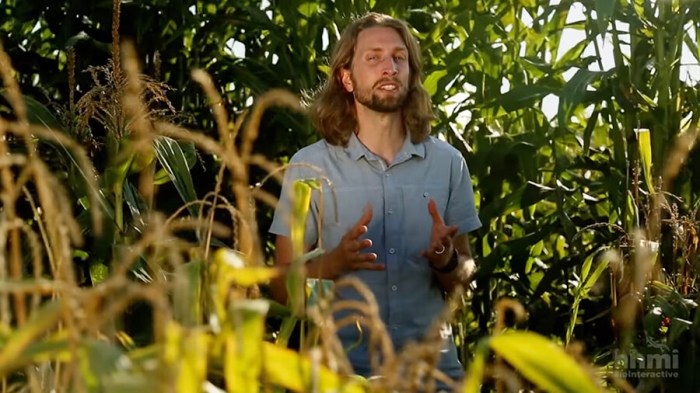Popped secret: the mysterious origin of corn worksheet answers – Popped secrets: the mysterious origin of corn worksheet answers unravels the enigmatic tapestry of corn’s history, weaving together scientific insights, cultural significance, and modern innovations. From its humble beginnings to its ubiquitous presence in our lives, this exploration delves into the captivating narrative of one of the world’s most beloved snacks.
The journey begins with the domestication of corn, tracing its spread across ancient civilizations and its pivotal role in shaping culinary traditions. We delve into the scientific mechanisms behind popcorn’s magical transformation, exploring the intricate interplay of heat, moisture, and the corn kernel’s unique structure.
Historical Background: Popped Secret: The Mysterious Origin Of Corn Worksheet Answers

The origins of popcorn trace back to the domestication of maize (corn) by indigenous peoples in Mesoamerica around 7,600 years ago. Over time, corn spread throughout the Americas and became a staple crop for many ancient cultures, including the Aztecs, Mayans, and Incas.
In these civilizations, corn was used for food, animal feed, and ceremonial purposes.
The Popping Mechanism, Popped secret: the mysterious origin of corn worksheet answers
Popcorn popping is a fascinating physical process triggered by heat and moisture. The corn kernel contains a small amount of water and a hard, starch-filled endosperm. As the kernel is heated, the water turns into steam, building pressure inside the endosperm.
When the pressure becomes too great, the endosperm ruptures, causing the kernel to explode and turn inside out. The steam escapes, creating the characteristic fluffy texture of popcorn.
Varieties of Popcorn
There are numerous varieties of popcorn kernels, each with unique characteristics and uses. The most common types include:
- Butterfly:Small, delicate kernels that produce small, butterfly-shaped popped kernels. Known for their tender texture and mild flavor.
- Mushroom:Larger kernels that produce mushroom-shaped popped kernels with a denser texture and a slightly nutty flavor.
- Pearl:Medium-sized kernels that produce round, pearl-shaped popped kernels. Known for their light and airy texture.
- White:Kernels with a white hull and endosperm, resulting in white popped kernels with a neutral flavor.
- Yellow:Kernels with a yellow hull and endosperm, producing yellow popped kernels with a slightly sweet flavor.
Nutritional Value
Popcorn is a surprisingly nutritious snack. It is a good source of fiber, which is essential for digestive health and helps promote a feeling of fullness. Popcorn also contains antioxidants, such as polyphenols, which have been linked to reduced inflammation and chronic disease risk.
Additionally, popcorn is a good source of minerals, including magnesium, potassium, and zinc.
Compared to other snack foods, popcorn is relatively low in calories and fat. A 3-cup serving of air-popped popcorn contains only about 93 calories and 1 gram of fat.
Cultural Significance
Popcorn has played a significant cultural role in various societies throughout history. In ancient Mesoamerica, popcorn was used in religious ceremonies and festivals. In the United States, popcorn has become synonymous with movie theaters and social gatherings.
Today, popcorn remains a popular snack food enjoyed by people of all ages. It is often served at parties, sporting events, and other social occasions.
FAQ Corner
What is the earliest known evidence of popcorn consumption?
Archaeological evidence suggests that popcorn was consumed in Peru as early as 7,600 BC.
How does the size and shape of a corn kernel affect its popping behavior?
Larger kernels with rounder shapes tend to pop into larger, fluffier pieces, while smaller, more irregular kernels produce smaller, denser pieces.
What are the key nutritional benefits of popcorn?
Popcorn is a good source of fiber, antioxidants, and minerals, including iron, zinc, and magnesium.
How can I safely store popcorn to maintain its freshness?
Store popcorn in an airtight container in a cool, dry place. Avoid exposing it to excessive heat or moisture.

